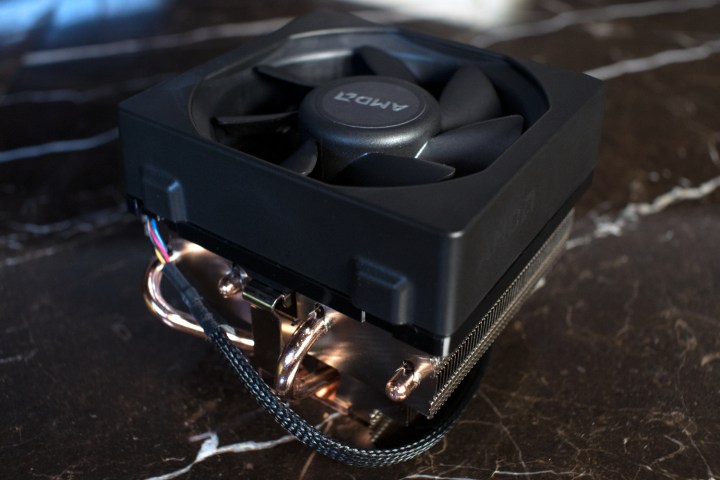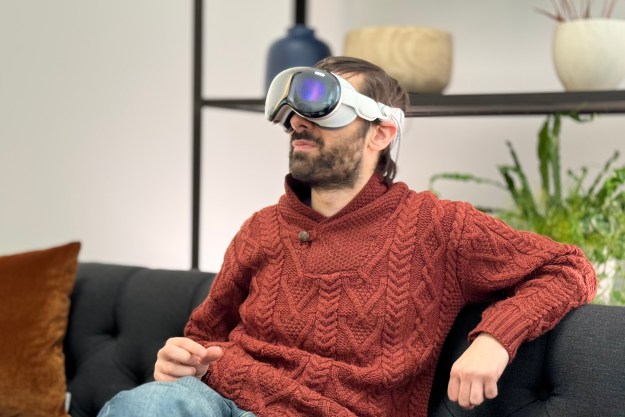
After Nvidia warned last month that only 13 million of the 1.3 billion+ PCs in the world would be capable of rendering VR, its primary competitor AMD has lifted the veil on its own set of recommendations on the technology. This time, however, we’re getting the minimum specs for a VR-ready CPU rather than for graphics cards.
AMD’s clarification is important for its fans, and for anyone considering its processors. Oculus’ official specifications, as well as its system requirement tool, currently exclude AMD processors. That’s because the Rift’s recommended specifications ask for a Core i5-4590, with no mention of the AMD equivalent.
This news stems from Jason Evangelho of Forbes who reported that, despite Oculus’ own hardware tester suggesting otherwise, both the FX and APU processor families are supported by headsets like the Rift.
Unfortunately, in a revision to the original post, Forbes admitted that AMD had backpedaled on its initial assertions and that only FX chips are guaranteed to be compatible with the Oculus Rift, and presumably HTC Vive as well, while the APU chips are still being validated. That doesn’t mean the APU chips aren’t capable of running VR, just that there may be a few hiccups along the process.
As ExtremeTech points out, even the forthcoming A10-7890K chip from AMD can’t compete in terms of sheer horsepower to some of Intel’s Core processors. Because AMD’s CPU catalog doesn’t quite reach the performance parity with Intel’s chips, AMD tends to put its multi-core hardware up against Intel processors donning a lower core count.
For that reason, if you plan on pairing your VR headset of choice with an Intel CPU, it’ll only need to be the Core i5-4590, a 3.3GHz quad-core combined with a 3.7GHz Turbo clock, 6MB of L2 cache, with no Hyper-Threading included.
If you’re going with AMD, any eight or six-core CPU with a base clock of at least 3.9GHz should be powerful enough to get you started. For the time being, though, AMD is only certain about FX-branded CPUs. Hopefully we’ll see the APU chip validation turn out positively so that more people can appreciate Virtual Reality as the Oculus Rift release date swiftly approaches.
Editors' Recommendations
- This new VR headset beats the Vision Pro in one key way and is half the price
- Your Quest 3 just got so much better — for free
- These are all the must-try apps for your Meta Quest 3
- AMD is making the CPU more and more obsolete in gaming
- One year later, my PlayStation VR2 is collecting dust



